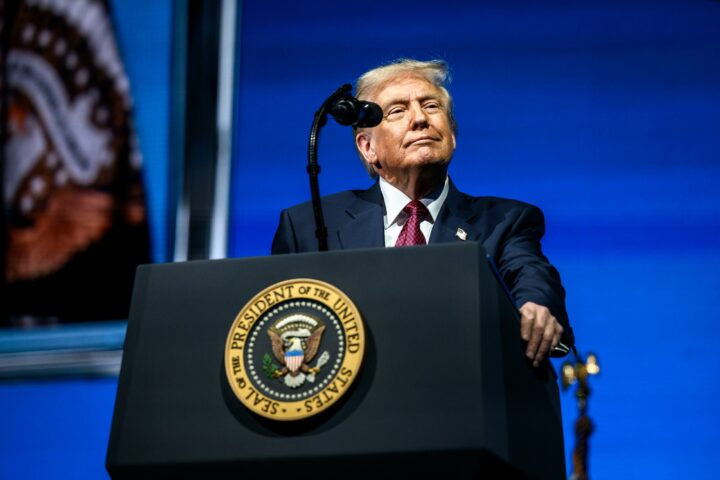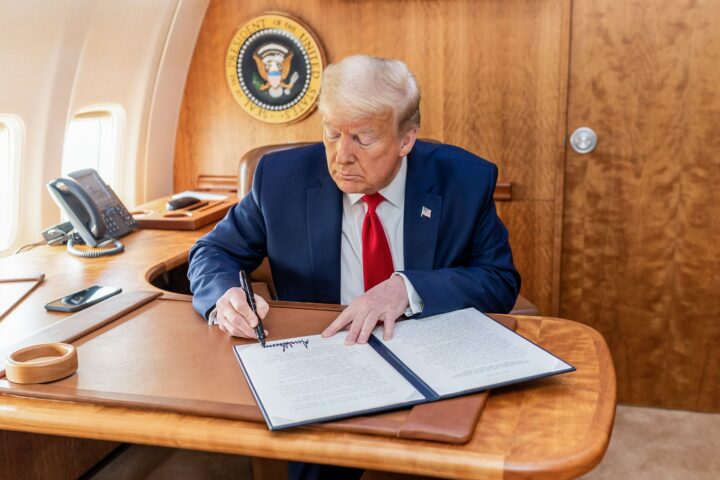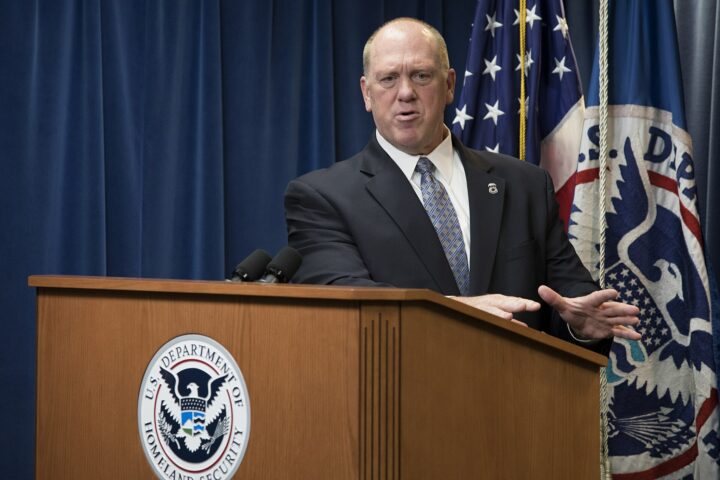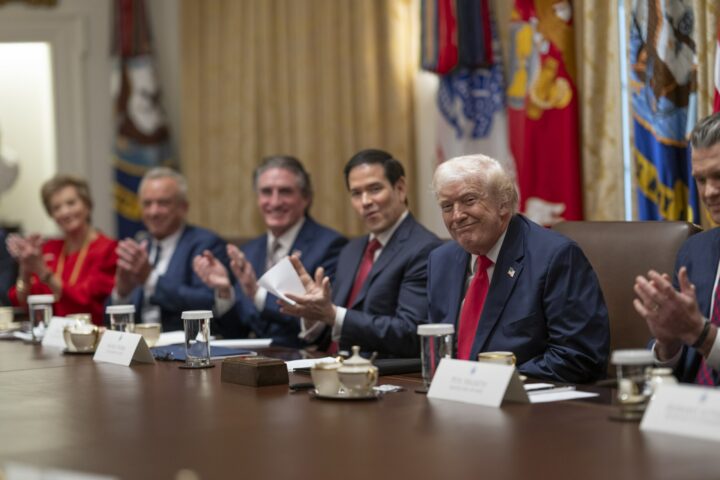In a dramatic reversal of longstanding U.S. policy, President Donald Trump this week pledged to lift economic sanctions on Syria—offering the war-torn nation its first real shot at recovery after more than a decade of civil war, economic collapse, and geopolitical isolation, according to reports. The announcement, delivered in Saudi Arabia on Tuesday, marks a potentially transformative moment for ordinary Syrians, whose daily lives have been defined by scarcity, inflation, and international blockade.
The decision comes as part of Trump’s broader push to reorient U.S. policy in the Middle East around economic pragmatism and regional stabilization. Among the most immediate effects: a stronger Syrian currency, surging public optimism, and hopes for cheaper essentials like bread and fuel. For a country where government salaries can dip below $40 a month and power outages last for days, the promise of economic breathing room carries extraordinary weight.
Trump’s meeting Wednesday with Syria’s new president, Ahmed al-Shara—a former rebel commander instrumental in toppling Bashar al-Assad—marked the first formal engagement between U.S. and Syrian heads of state in a quarter-century. While al-Shara remains controversial in Washington due to prior affiliations with Islamist groups, noted The New York Times, the Trump administration framed the dialogue as both realistic and necessary. Topics included a potential Israeli peace deal, the fate of ISIS detainees, and economic reintegration. Secretary of State Marco Rubio is expected to continue talks in the weeks ahead.
The Syrian government called the meeting “historic,” while regional powers like Turkey and Saudi Arabia applauded the shift as overdue. Both countries have lobbied for a sanctions rollback as part of their strategy to normalize relations with Damascus and forestall Iranian and Russian dominance in the region.
But the road ahead is far from straightforward. Syria’s economy lies in ruins: 90% of the population lives in poverty, GDP has shrunk to a quarter of its prewar size, and even basic infrastructure—water, electricity, communications—has been gutted. A recent U.N. estimate projected that, at current rates, Syria may not recover its 2011 economic output until 2080. Lifting sanctions could unlock billions in Gulf state aid, spur Turkish private investment, and reconnect millions of Syrian expatriates to their homeland’s economy.
Still, legal and political hurdles remain. While Trump has executive authority to suspend certain sanctions, many of the harshest restrictions were codified by Congress and will require legislative repeal. That process, experts caution, could delay tangible results. “This isn’t a magic wand,” said Middle East analyst Karam Shaar. “It’s the beginning of a process, not the end of one.”
Yet, since Trump’s speech, the Syrian pound has regained value. What comes next is uncertain. But after years of devastation, the lifting of sanctions may offer something Syrians haven’t had in a long time: a reason to believe that tomorrow could be better than today.








